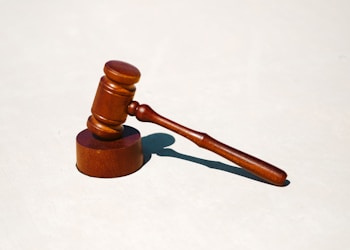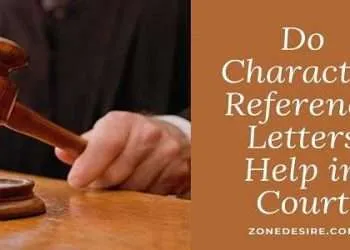If it’s your first time dealing with a legal issue, it can be both worrying and intimidating. What’s more, legal jargon can be hard to interpret without the help of a legal mind. And even though the internet is littered with a ton of information about legal issues, it’s still hard telling the right from the wrong ones. But wait, there’s more to this whole legal aspect than meets the eye. Here’s the thing. Legal disputes are a way of life. And even though no one chooses what legal dispute they should face, knowing how to handle one is critical. From searching for the right attorney to representing yourself in court, here’s what experts recommend when dealing with a legal dispute.
1. A Lawyer is Your Best Friend
Some issues can be settled on their own without the help of a lawyer. This can save you a good amount of money if the problem doesn’t end up in court. However, this doesn’t work in every situation. Based on expert insights from https://eclaw.com/, you must evaluate your case to determine if legal representation is a good option. You want to gauge the weight of the case and decide whether or not it presents a complex narrative. If it does, a lawyer will come in handy to provide the resources and information you need. Just ensure you work with a lawyer who fits your specific problem. For example, you don’t want to search for a divorce lawyer when dealing with a personal injury case.
2. Assess the Urgency
This is the most critical point to establish first. So, why is this important? When you understand how urgent a legal dispute is, you can determine how to deal with the matter. In some cases, the urgency can be quite apparent depending on the details involved. Start by checking the relevant documents in your case to determine how much time you have. In most cases, your documents will state a deadline for when you should have responded to a particular matter. Once you have this information, it becomes easy to understand the urgency of your case.
3. Stick to the Facts
When it comes to legal disputes, the general rule is to deal with the facts only. Simple. And this is where most people go wrong when they fail to do a thorough investigation in their cases. You want to check if everything is in line with the law and that the facts match. Anything that looks like a mismatch is a red flag, and you should be quick to shun it away. Remember, the information you gather is what will be used to arrive at a resolution. The trick is to ensure you have well-documented facts that will solidify your grounds. Should the issue escalate, your documentation will come in handy to support your claims.
4. Don’t Take Advice from Anyone Who is Not a Lawyer
You want to avoid following a particular path just because your friend – or whoever it is – followed it. Even though certain legal advice worked for your friend, it doesn’t mean it’s needed for your case. Listen to the right people who have the expertise to discuss legal matters. And in this case, these are the lawyers, judges, and attorneys. In a legal dispute, try as best as you can to involve a lawyer. Remember, nothing can replace the advice of a professional lawyer, even when you think the internet can help you.
5. Take the Weight of the Case as Your Own
Time is money. That said, you should understand that your lawyer’s time is your money. The answer? Try and do as much as you can independently. This helps you save more money on your legal fees. Don’t just call your lawyer every minute you want a particular legal term explained. What you’re doing is wasting more money than needed. Instead, take charge and handle as much of your case as you can.
6. Educate Yourself

If you own a business, you can invest in training to help you get better at identifying legal issues early. While this can stem from experience, you can also attend seminars or take online law training courses. Today, you can find some law firms that offer free or budget-friendly sessions tailored to legal matters. In addition to this, try and use online resources to stay updated on legal issues.
Hopefully, the tips above will help you better prepare for a legal issue. Resolving a legal dispute is daunting, but it doesn’t have to be. The solution is to work with the ideal legal professional at the right time. While this guide doesn’t exhaust everything, you can still seek solutions such as litigation and arbitration when solving a legal dispute.















